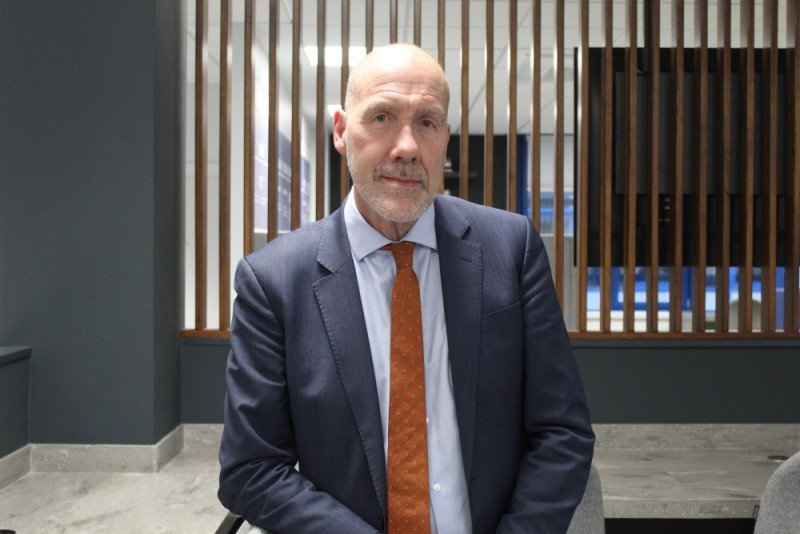Rishi Sunak’s plan for young people to study maths to 18 came rather out of the blue. The timing was certainly curious, with it being the only real policy announced in his first major speech of the year, delivered while there is huge unrest across the public sector. The second reason why the policy was surprising was because there had been no discussion whatsoever with school and college leaders. Thirdly, as the Prime Minister would have soon found out had he consulted the people tasked with delivering this policy in the classroom, it is completely unworkable.
Maths is compulsory up to the age of 16, as well as being the most popular A-level, and there is already a shortage of teachers. One in eight maths lessons are taught by someone who is not qualified in the subject, and the government has missed its initial teacher training target for maths teachers every year since 2012/13. How can the teaching of maths be extended in these circumstances? Thus far the Prime Minister has not shown his working, probably because the numbers just don’t add up.
One third of pupils do not achieve at least a grade 4 standard pass in GCSE maths and English at the end of secondary school and have their future prospects damaged as a result
This policy is unlikely to ever amount to anything, but there is an important debate to be had about how best to equip young people with the skills they need to thrive once they leave education. One third of pupils do not achieve at least a grade 4 standard pass in GCSE maths and English at the end of secondary school and have their future prospects damaged as a result. The exam system uses a mechanism called ‘comparable outcomes’ to distribute grades so that they are broadly consistent from one year to the next. There is a system – the National Reference Test – designed to allow some movement if standards rise or fall. But to all intents and purpose this ‘forgotten third’ is baked into the system.
Pupils who fall below this bar have to retake either GCSEs or functional skills qualifications, with many again not achieving at least a grade 4 in retakes – a deeply demoralising process which arguably further damages their confidence.
ASCL has proposed a solution – a passport-style qualification to replace GCSE maths (and English), taken at various levels between age 14 and 19 when the student is ready, with the aim of building competence and confidence. We believe this would much better serve all young people than the current cliff-edge of a high-stakes terminal exam at the end of secondary school. Alongside this, the government must do more to improve teacher pay and conditions so that schools and colleges are able to recruit the maths teachers they need.
Politicians need to listen to those working in education rather than coming up with policies based solely on their own experiences. While Rishi Sunak’s concerns about a lack of maths skills are not entirely misguided, his proposal doesn’t get to grips with the issue. Rather than bolting on extra maths study, we need a reform of the exam system so that it is fit for the 21st century and a strategy for recruiting and retaining more teachers.



